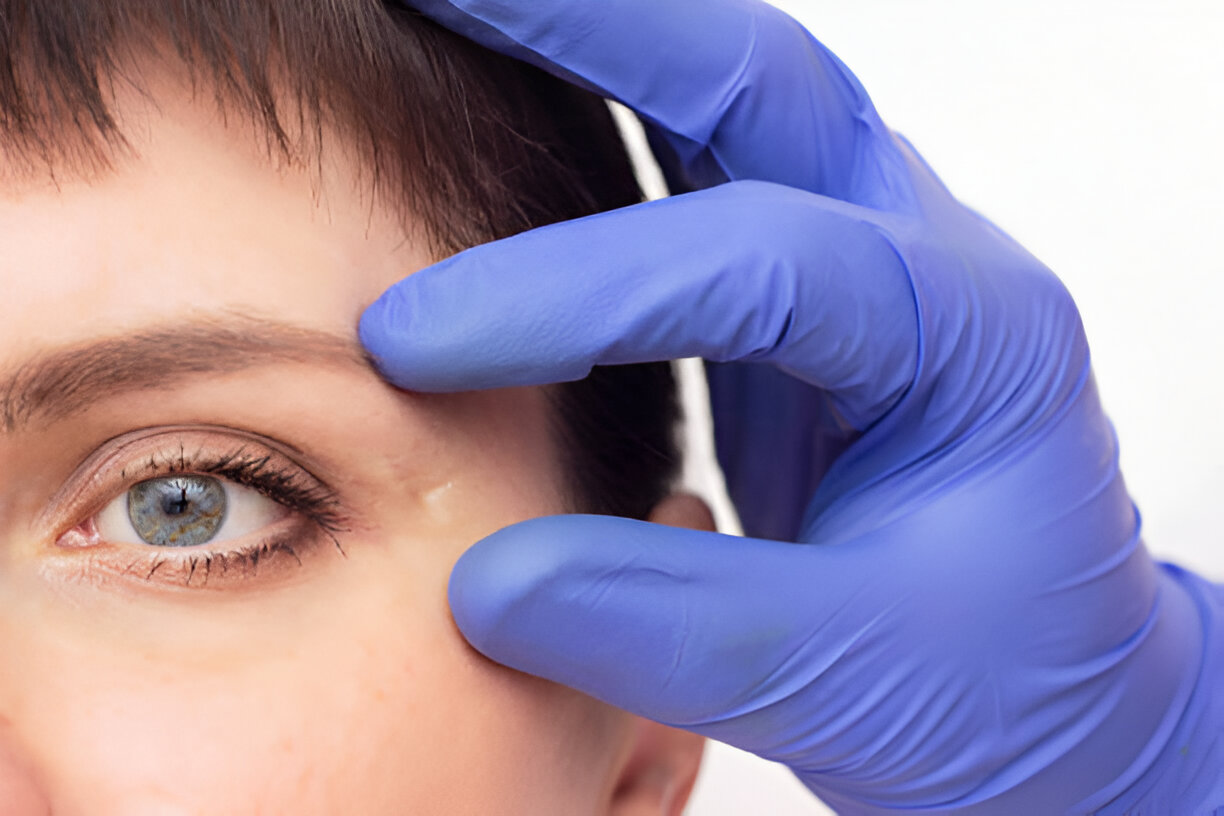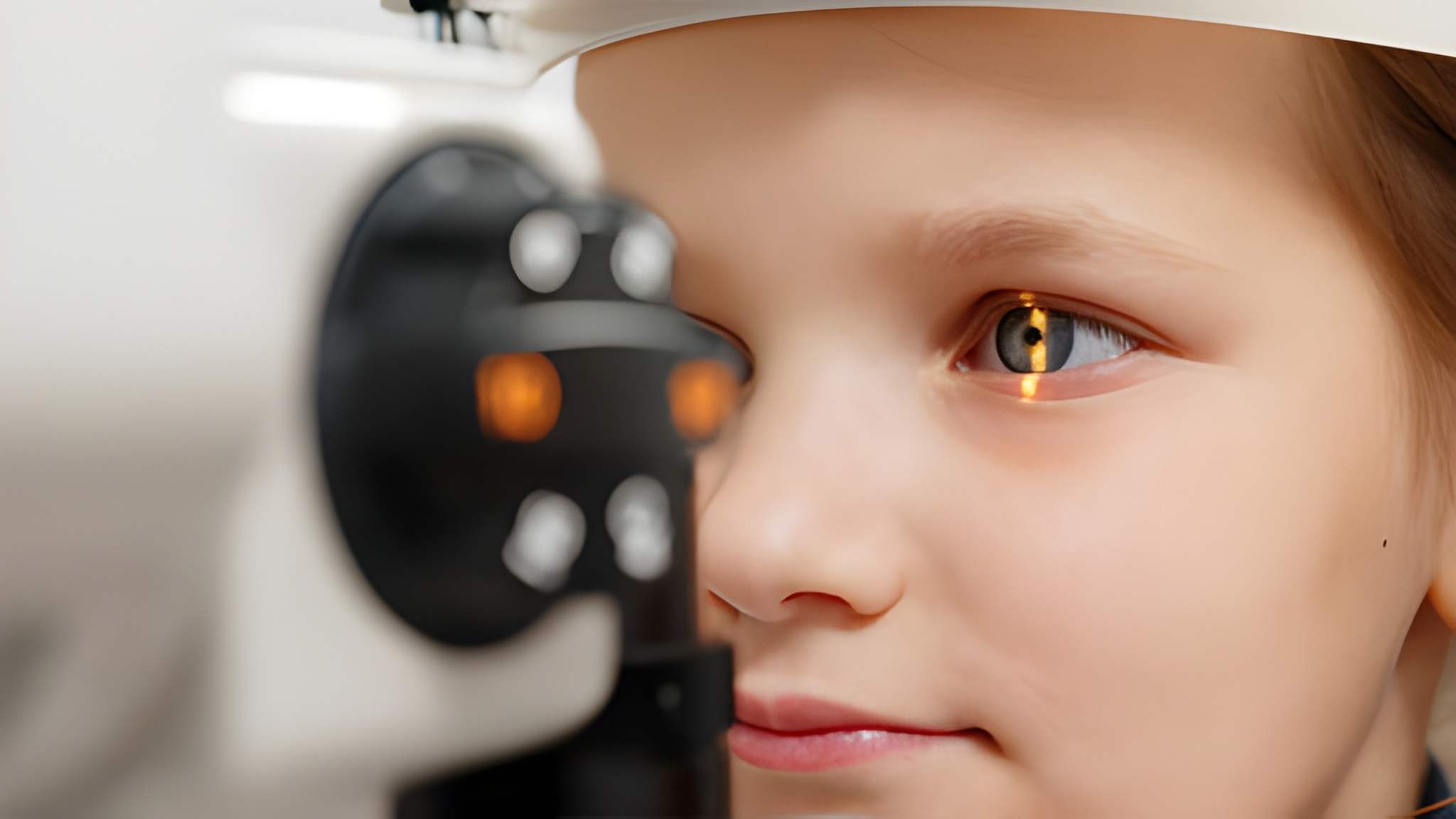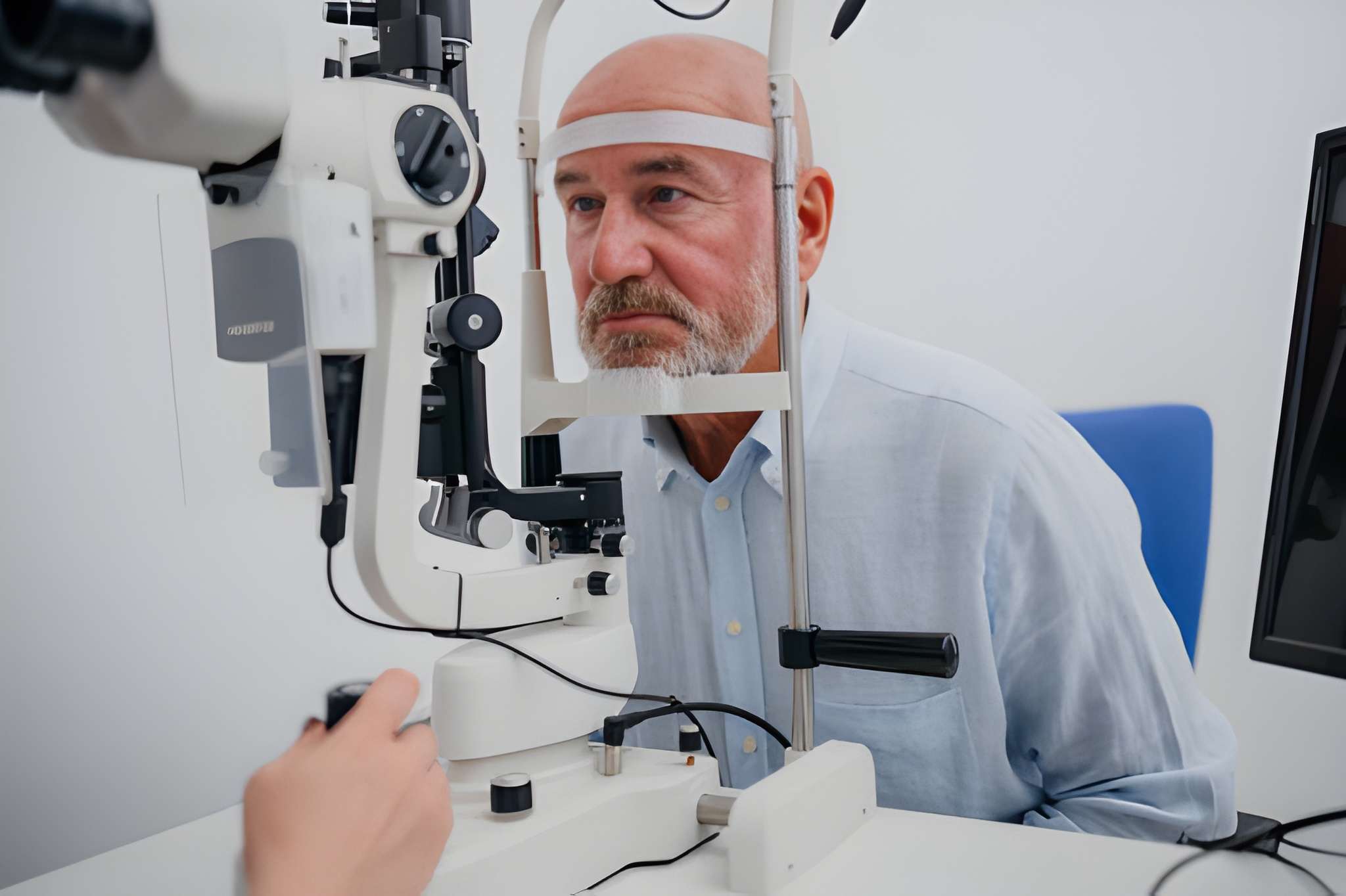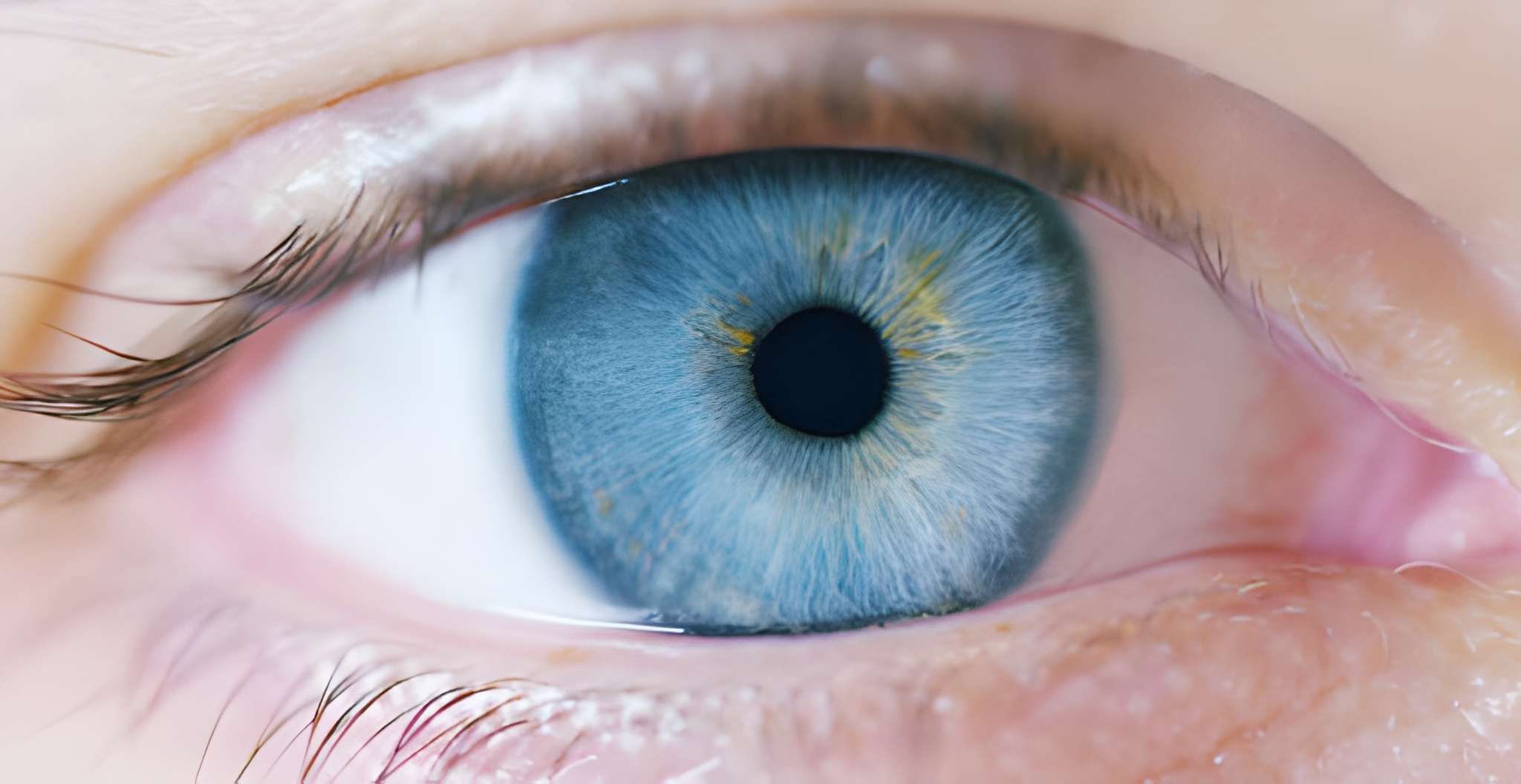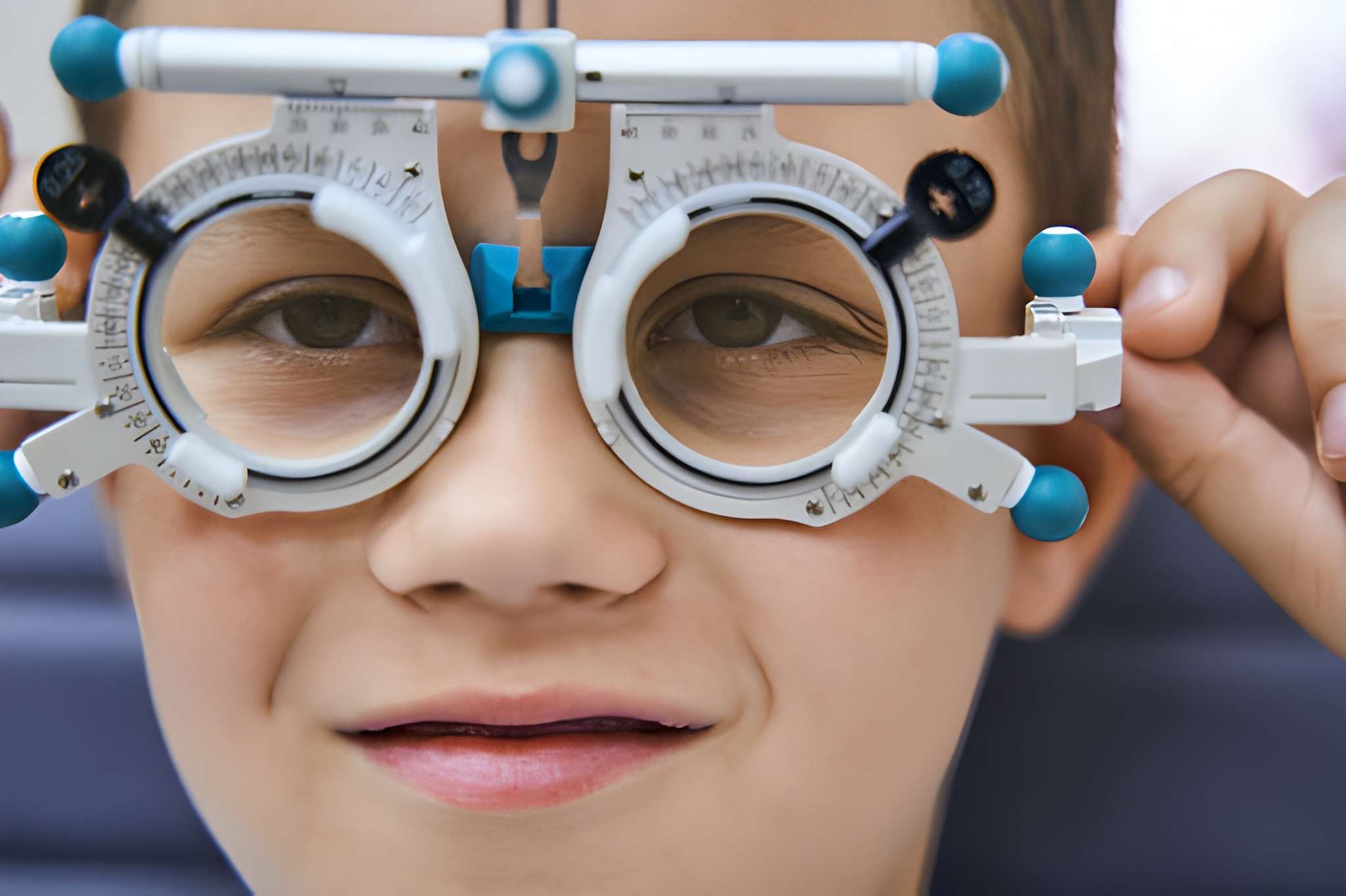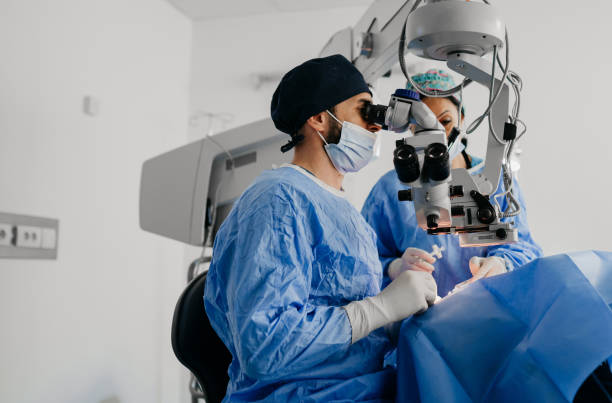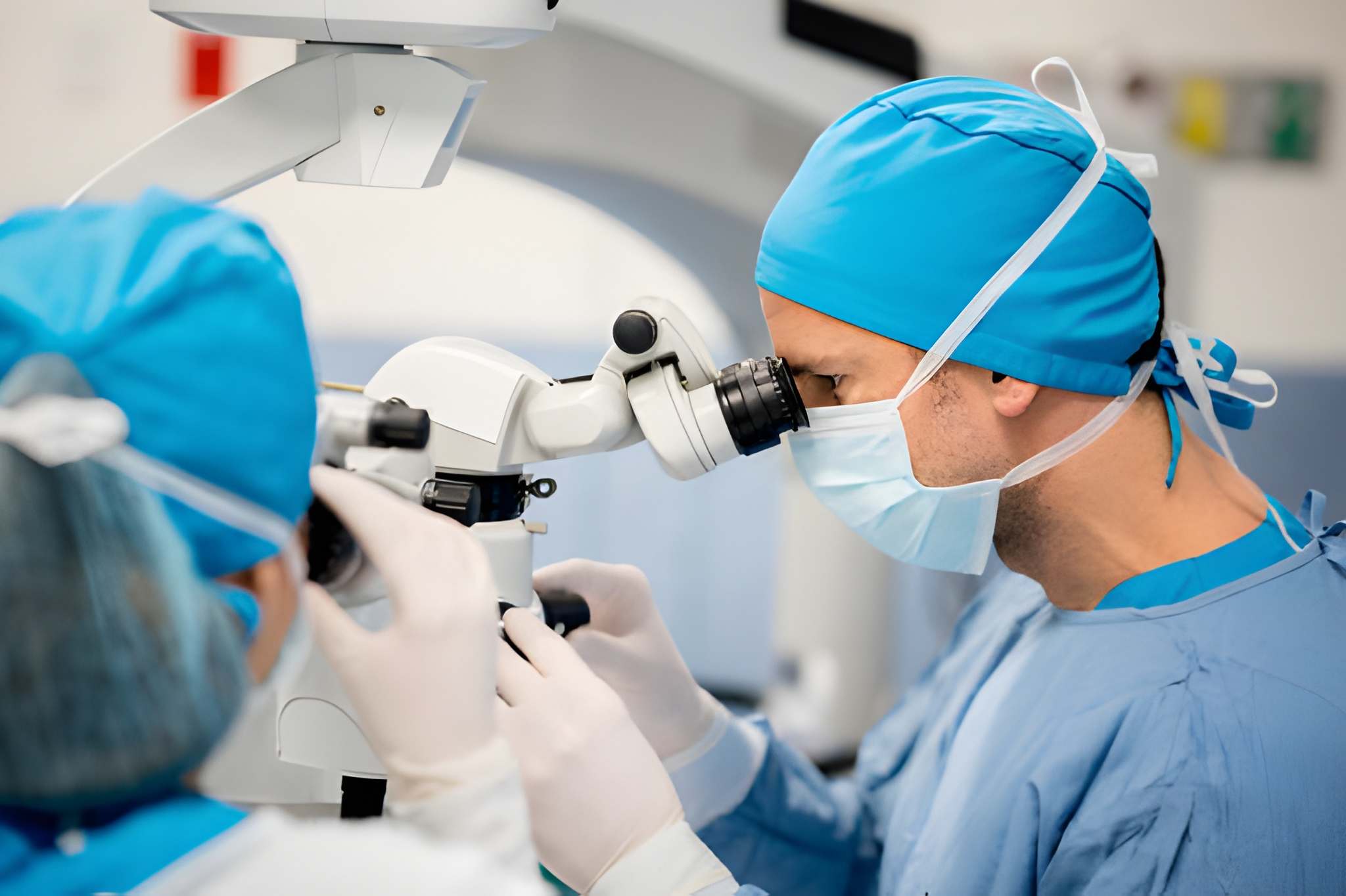Cataracts are a common eye condition, particularly as people age. They occur when the lens of the eye becomes cloudy, leading to blurred vision and if left untreated, eventual blindness. The big question many people ask is: “At what stage should cataracts be removed?” This article will provide a clear, easy-to-understand guide on when cataract surgery is necessary.
Understanding Cataracts
To understand when cataracts should be removed, it’s important to know what they are. Cataracts develop when proteins in the eye’s lens clump together, creating cloudy areas. This cloudiness blocks light from passing through the lens and reaching the retina, which is essential for clear vision. Over time, cataracts can grow larger and affect more of the lens, leading to greater vision impairment.
Early Stages of Cataracts
In the early stages, cataracts may not cause noticeable symptoms. You might experience slight blurring or changes in your vision, but they may not interfere with your daily activities. At this stage, your eye doctor may suggest regular check-ups to monitor the progression of the cataract. Often, updating your glasses prescription can help manage minor vision changes.
When Symptoms Start to Affect Daily Life
As cataracts progress, you may notice that your vision becomes more blurred or dim, making it harder to read, drive, or perform other daily tasks. Colours may appear faded, and you might find it difficult to see in low light. These are signs that your cataracts are beginning to interfere with your life. When you reach this stage, it’s time to consider surgery.
The Decision to Remove Cataracts
The decision to remove cataracts is usually based on how much the condition is affecting your quality of life. If you struggle to see clearly even with glasses, find it difficult to carry out routine activities, or if your vision problems are making it unsafe to drive, it’s likely time to discuss surgery with your eye doctor.
What Should You Not Do After a Cataract Operation?
The Risks of Waiting Too Long
Delaying cataract surgery can lead to further complications. As cataracts continue to develop, they can harden, making them more difficult to remove. This can increase the risks associated with surgery. Additionally, severe cataracts can lead to other eye problems, such as increased pressure inside the eye, which can cause glaucoma.
How is Cataract Surgery Performed?
Cataract surgery is a common procedure and is generally very safe. During the surgery, the cloudy lens is removed and replaced with an artificial lens, known as an intraocular lens (IOL). This lens is clear, and it restores the patient’s vision. The surgery usually takes about 30 minutes and is performed under local anaesthesia, meaning you’re awake but won’t feel any pain.
Recovery After Cataract Surgery
Recovery from cataract surgery is usually quick, with most people noticing an improvement in their vision within a few days. You may need to wear an eye patch for a short period and use prescribed eye drops to prevent infection and reduce inflammation. It’s important to avoid strenuous activities for a few weeks to allow your eye to heal properly.
Can You Watch TV After Cataract Surgery?
When Should You Talk to Your Doctor?
If you notice any changes in your vision, it’s important to schedule an eye exam. Regular check-ups can help detect cataracts early and monitor their progression. If you experience significant vision problems or if your cataracts are impacting your daily life, talk to your doctor about whether cataract surgery is the right option for you.
Conclusion
Cataracts should be removed when they begin to significantly affect your quality of life. Early stages may not require immediate action, but once cataracts interfere with your ability to perform everyday tasks, it’s time to consider surgery. Delaying the procedure can lead to more complications, so it’s important to discuss your options with your eye doctor as soon as symptoms become noticeable. Remember, cataract surgery is a safe and effective way to restore your vision and improve your quality of life.
Book Your Appointment Today!
Take the Next Step with Dr. Qasim Qasem
If cataracts are affecting your quality of life, it’s time to take action. Dr. Qasim Qasem is here to help you regain clear vision and enhance your day-to-day experiences. With years of expertise in cataract surgery, Dr. Qasim Qasem offers personalised care and state-of-the-art treatment options tailored to your needs. Don’t let cataracts hold you back any longer—schedule a consultation with Dr. Qasim Qasem today and take the first step towards brighter, clearer vision.
Lasik vs Cataract Surgery: What’s the Difference?
Frequently Asked Questions
How long does it take to recover from cataract surgery?
Recovery from cataract surgery typically takes a few weeks. Most patients notice improved vision within a few days, but it’s important to follow your doctor’s instructions and avoid strenuous activities during the healing period.
Can cataracts come back after surgery?
Cataracts do not come back after surgery. However, some patients may develop a condition called posterior capsular opacification (PCO), which can cause cloudiness but is easily treatable with a simple laser procedure.
When should I consider cataract surgery?
Consider cataract surgery when your vision problems begin to interfere with daily activities, such as reading, driving, or recognising faces. If glasses or contacts no longer provide clear vision, surgery may be necessary.
How do I choose the right intraocular lens (IOL)?
The choice of intraocular lens (IOL) depends on your lifestyle and vision needs. Your eye doctor will discuss options, including monofocal, multifocal, or toric lenses, to help you achieve the best possible vision after surgery.
Is cataract surgery 100% successful?



